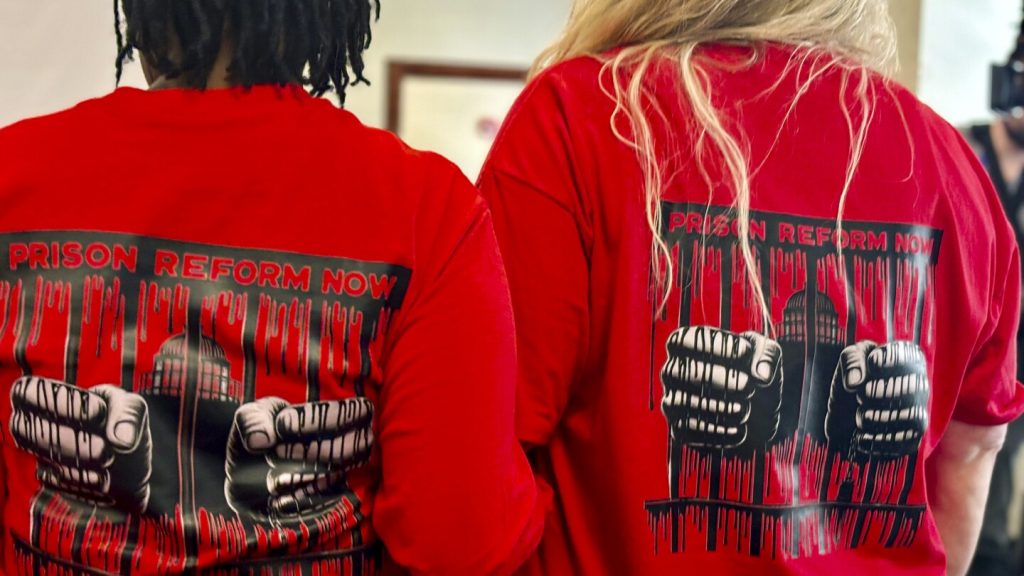Alabama lawmakers recently questioned the head of the state parole board, Leigh Gwathney, about low release rates and delays in providing requested information. The state’s parole rate has significantly dropped over the years, with only 8% of inmates being granted parole last year, a historic low. Although the rate has increased to around 20% this year, it remains well below state guidelines that suggest more inmates are eligible for release.
State Senator Clyde Chambliss expressed frustration over the lack of information received from Gwathney regarding parole rates and decision-making processes. Throughout the meeting, Gwathney defended the board’s procedures, emphasizing the thorough process of considering each individual case. However, lawmakers criticized the board for not adhering to existing state guidelines regarding parole, which have advisory recommendations but are not binding.
Lawmakers raised concerns about the discrepancy between parole rates and the guidelines, which recommend a higher number of releases. Rep. Chris England pointed out that the parole rate only increased after the board faced public scrutiny for the low number of releases, indicating a need for oversight. Some legislators suggested that the issue may not lie with the board but with the guidelines themselves, which may need adjustment to reflect reality and ensure fair outcomes.
Gwathney clarified that the current board did not create the guidelines and stated that decisions are not based on quotas. However, lawmakers insisted on receiving additional information about the guidelines, as a 2019 state law required the board to review them every three years. The ongoing prison crisis in Alabama, with issues of overcrowding and staffing shortages, has further highlighted the parole board’s decision-making processes and the impact on incarcerated individuals and their families.
Family members of incarcerated individuals attended the meeting, expressing concerns about the impact of the low parole rate on inmates’ hope and well-being. Particularly poignant stories, such as the denial of parole for a wheelchair-bound woman in renal failure and a man who had passed away before his hearing, underscored the need for transparency and accountability in the parole system. Lawmakers and advocates continue to push for reforms to ensure fair and consistent parole decisions in Alabama.















